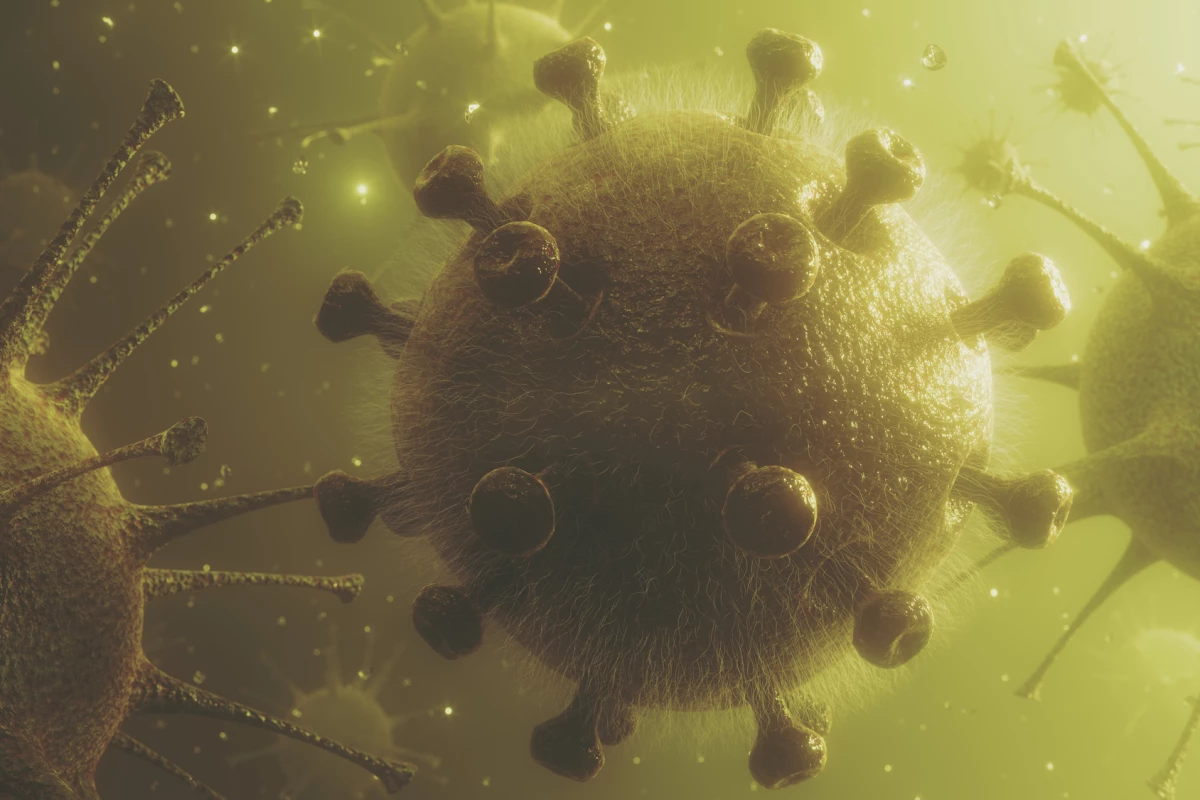Six months into the COVID-19 global pandemic and many questions still remain unanswered concerning the nature of this novel coronavirus. Perhaps one of the most important unresolved mysteries surrounds human immune responses to the virus and how long a person may be resistant to SARS-CoV-2 following recovery from an initial infection.
A new study, published in the peer-reviewed journal Nature Medicine, has found antibody levels in subjects suffering from asymptomatic infections dropped significantly when measured two months after hospital discharge. While this does not at all mean these subjects are prone to reinfection, the study suggests it does affirm how little we know about long-term antibody-mediated immunity.
The research followed 37 asymptomatic cases of COVID-19, detected in China’s Wanzhou District. The cases were compared against a control group of 37 sex-and-age-matched symptomatic cases. The asymptomatic cases were detected through contact tracing methods and quarantined in hospital until their infection passed. All subjects were then tracked for eight weeks following discharge from hospital.
The researchers were evaluating immunity by measuring blood levels of two types of immune system antibodies: Immunoglobulin G (IgG) and neutralizing antibodies.
The study found striking drops in IgG levels for both symptomatic and asymptomatic cases in the eight weeks following hospital discharge. On average, IgG levels dropped 76.2 percent in symptomatic cases, and 71.1 percent in asymptomatic cases.
More significantly, IgG levels were generally higher at all phases of the disease in symptomatic cases compared to asymptomatic cases, and by the eight-week follow-up point 40 percent of asymptomatic cases registered no detectable levels of IgG in their blood.
Things looked slightly better on the neutralizing antibody front despite drops in levels detected in both symptomatic and asymptomatic cases. On average, asymptomatic cases saw a 8.3-percent drop in neutralizing antibody levels at the eight-week followup, compared to a 11.7-percent drop in symptomatic patient levels.
As we literally only have a few months of data illustrating how this new virus interacts with the human immune system it is profoundly unclear whether these drops in antibody levels mean a person is more susceptible to reinfection. The study does reference prior work tracking these same antibody levels in SARS and MERS patients, suggesting survivors of those infections did not show this kind of rapid antibody level reduction.
“Previous studies have shown that circulating antibodies against SARS-CoV or MERS-CoV last for at least one year,” the researchers write in the study. “Sustained IgG levels were maintained for more than two years after SARS-CoV infection. Antibody responses in individuals with laboratory-confirmed MERS-CoV infection lasted for at least 34 months after the outbreak.”
Liam Smeeth, from the London School of Hygiene and Tropical Medicine, says this study is both interesting and important. He suggests larger long-term studies will be crucial before we begin to institute any social policies based on the presumption of long-term immunity.
“This strongly suggests that immunity may well diminish within months of infection for a substantial proportion of people,” says Smeeth. “We need larger studies with longer follow-up in more populations, but these findings do suggest that we cannot rely on people having had proven infections nor on antibody testing as strong evidence of long term immunity.”
Smeeth is alluding to the recently raised idea of “immunity passports” floated by several governments around the world as a way to allow greater movement around a community to those presumed to be immune. Many concerns have been raised regarding this idea, both social and practical, but perhaps the biggest issue with immunity passports is the basic fact that scientists do not know how long a person may be immune following an initial infection. At the very least this new study does imply our two primary antibody measurements may not reliably indicate COVID-19 immunity.
Eleanor Riley, from the University of Edinburgh, points out this new study furthers another strange COVID-19 mystery – why do some people only present with mild infections while others suffer devastating outcomes? Despite the dramatically waning antibody response reported in asymptomatic cases by this new study, Riley suggests those particular individuals could already have been somewhat resistant to the virus.
“It is not unusual for mild infections (of any cause) to induce a less florid immune response, indeed the immune system is designed to respond in a manner that is proportionate to the severity of the threat,” says Riley. “It may be that they are genetically less susceptible to infection or that they have some pre-existing immunity due to prior infection with related seasonal coronaviruses.”
The new study was published in the journal Nature Medicine.




